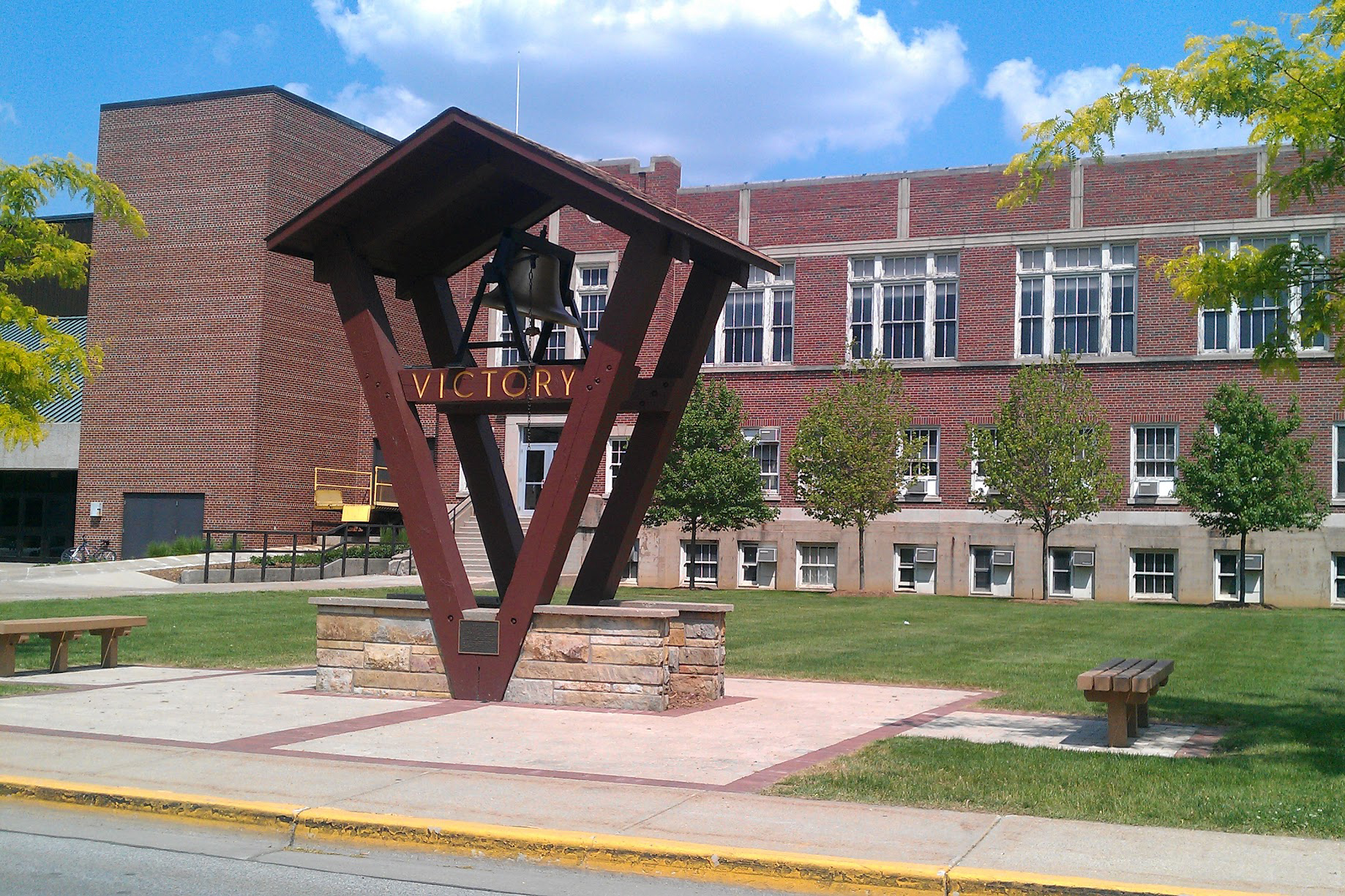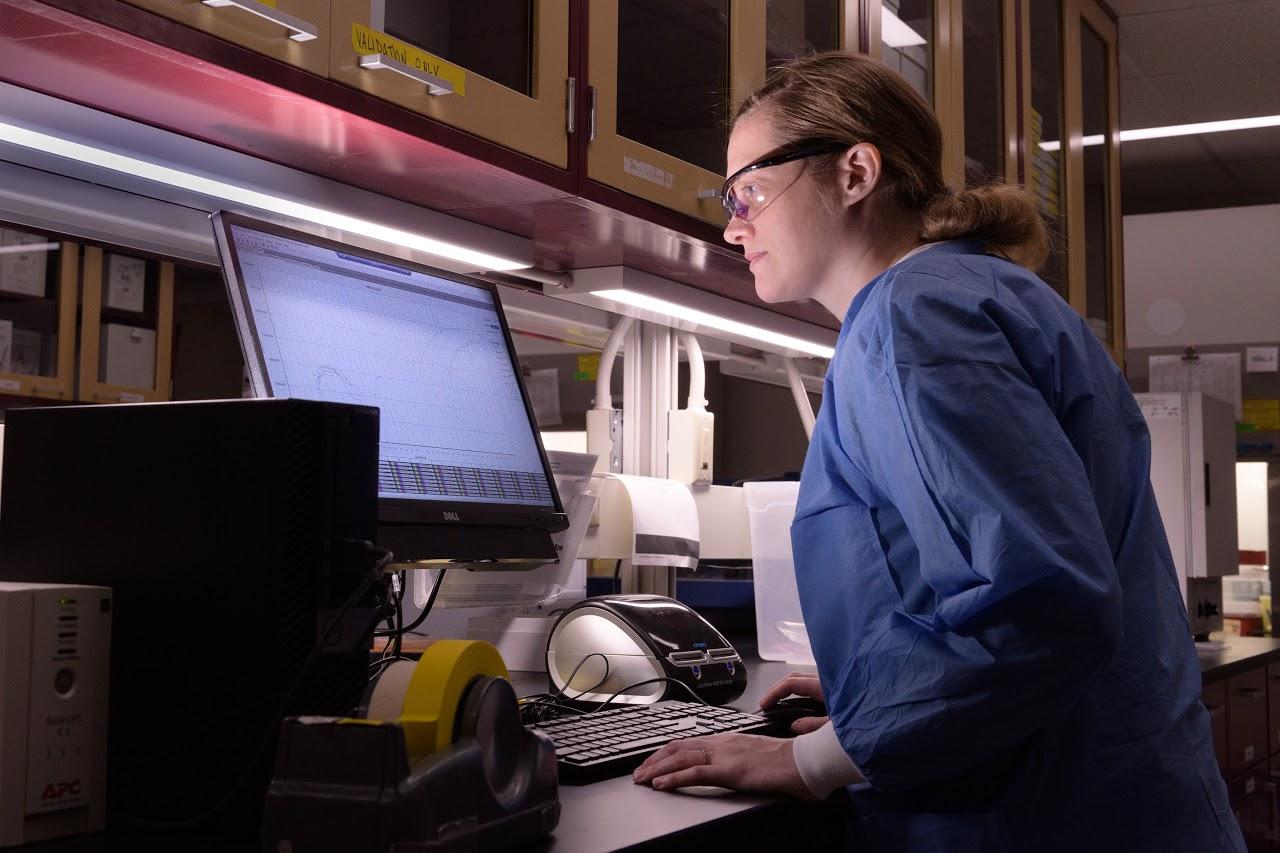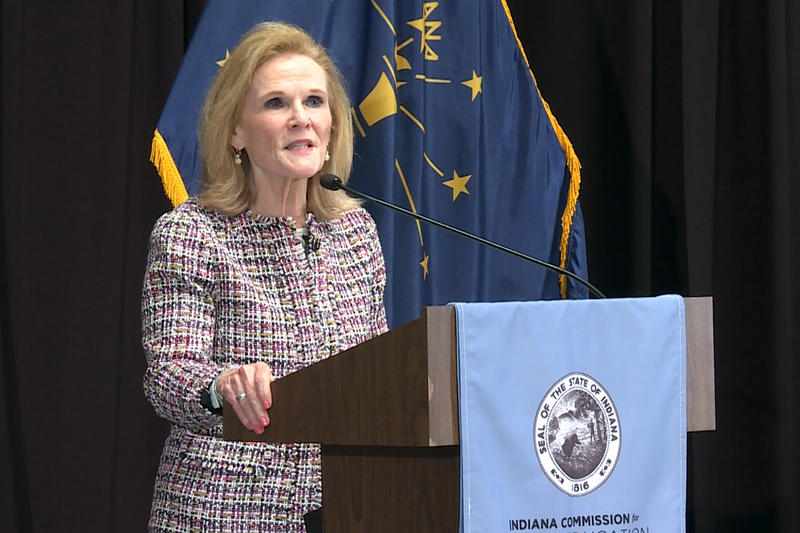A wireless internet router. (Pixabay)
An Indiana Congressman and Indianapolis mayor are concerned some families can’t access broadband internet at a time when students are homebound and expected to continue their education during the coronavirus pandemic.
Exact numbers of how many families without online access in Marion County are not available. School district officials are still assessing students’ needs. But the 2017 American Community Survey estimated about a fifth of Marion County families with school age children do not have a computer or internet at home.
U.S. Rep. Andre Carson, D-Indianapolis, says the COVID-19 crisis further exposed the digital divide that exists in communities across our country and in our state.
“This is particularly true for communities of color, which are already being disproportionately harmed by the devastating impact of this virus,” Carson said in a statement. “It is past time for the internet to be treated and regulated like any other utility that is essential in everyday life for Hoosiers.”
Carson says his office is working with local internet service providers in Indiana to “ensure all Hoosiers have access during this time so children don’t fall behind on their education” and families can access the information they need to stay healthy.
Indianapolis Mayor Joe Hogsett and a coalition of Marion County school district superintendents are in conversations with cable and telecommunications companies about the evolving needs of students and teachers. The mayor’s office recently launched a fund to support e-learning.
“It is clear that existing regulations have presented challenges for families as they work to adapt to full-time e-learning in the midst of the COVID-19 pandemic,” said Taylor Schaffer, a spokeswoman for Hogsett. “The coalition’s goal is to help cable and telecommunications companies better understand the barriers to e-learning area families are facing, with the hope that it can lead to productive solutions and greater connectivity.”
School district officials are still accessing how many families lack a device and home internet. But they say it's expected to be larger than readily available resources can cover. The city’s fund will go toward purchasing laptops and broadband devices.
The FCC’s Keep Americans Connected Pledge is a response to the need. The pledge urges telecommunication and broadband companies to expand access, such as creating specially priced or free access packages, and to make Wi-Fi hotspots open for public use.
But some say it’s not helping all families.
The Indiana arm of the non-profit advocacy organization Stand For Children, created a petition calling on cable companies Charter/Spectrum and AT&T to offer “amnesty to families with previously unpaid bills and end policies that require back payments before accessing free internet service.”
Stand For Children Indiana wants the companies to ammend policies or explicitly say "amnesty"-type policies exist. The group says it is not targeting Comcast, one of the largest Indianapolis service providers, because the company changed its policy to make free internet during the pandemic available to people with past debt.
Stand For Children Indiana says it’s heard from families who are blocked from offers of free internet because of old, outstanding bills. One of those is parent Elvira Rangel Beltran. She has four school age children, including a sophomore and junior at George Washington High School.
Beltran hoped to use Spectrum’s 60-day free service for access to help with her children's school work.
Beltran says she owes Spectrum more than $200 on a previous account in her name for not returning devices. She says she did return them. Spectrum, she says, asked her to pay the cost before the internet would be provided.
Beltran, speaking through a translator, says she’s frustrated. She tried to reach a solution with the company, such as paying her debt in installments at a later date, after the free internet service is installed.
“You're on the phone for hours and hours waiting. And when you finally talk to somebody, they can't find a solution. So they pass you on from one department to another,” said translator Carolina Figueroa, a Stand For Children staff member.
Beltran is worried her children will fall behind, especially her high school children.
“When it comes to, like credits and pathing, she's really concerned that they might not be able to have that opportunity if she can't get this resolved as soon as possible,” Figueroa translated.
The family did not receive a mobile Wi-Fi device from Indianapolis Public Schools, because there were not enough available.
Now, Beltran is hoping her youngest child’s school, Matchbook Learning at Wendell Phillips School 63, will be able to provide a single internet-connected device the four children can share.
Beltran says she’s chosen to talk to the media in hopes all roadblocks will be removed for families to get broadband while school buildings are closed.
“Internet access, it's not like it's a want -- it's a necessity right now when it comes to their kids' education,” Figueroa translated.
In a response to questions about Stand For Children’s claims in its petition, Bill Morand, Charter/Spectrum’s senior director of region communications, wrote in an email that the company didn’t “have anything to add to what we’ve shared about our free internet offer for families with school-aged children and professional educators.”
Charter says its offering free Spectrum broadband and Wi-Fi access for 60 days to households with students in K-12 or college who do not already have the company’s broadband subscription.
AT&T, the other broadband company Stand named in its petition, says it is offering free internet for 60 days to school districts to support e-learning on school-issued devices and other assistance to help more people get online.
The company did not directly respond to Stand’s petition. Phil Hayes, of AT&T Corporate Communications, said the company is committed to supporting families who need internet access during the pandemic.
“Some new customers may qualify for free internet service and we are working with others on a case by case basis,” Hayes said in a statement.
Last month, Indianapolis Mayor Hogsett announced a new $2.6 million fund to help low-income students and their public schools in Marion County acquire computers and internet access for students, among other e-learning related initiatives.
For the latest news and resources about COVID-19, bookmark our Coronavirus In Indiana page here.
Contact WFYI education reporter Eric Weddle at eweddle@wfyi.org or call (317) 614-0470. Follow on Twitter: @ericweddle.










